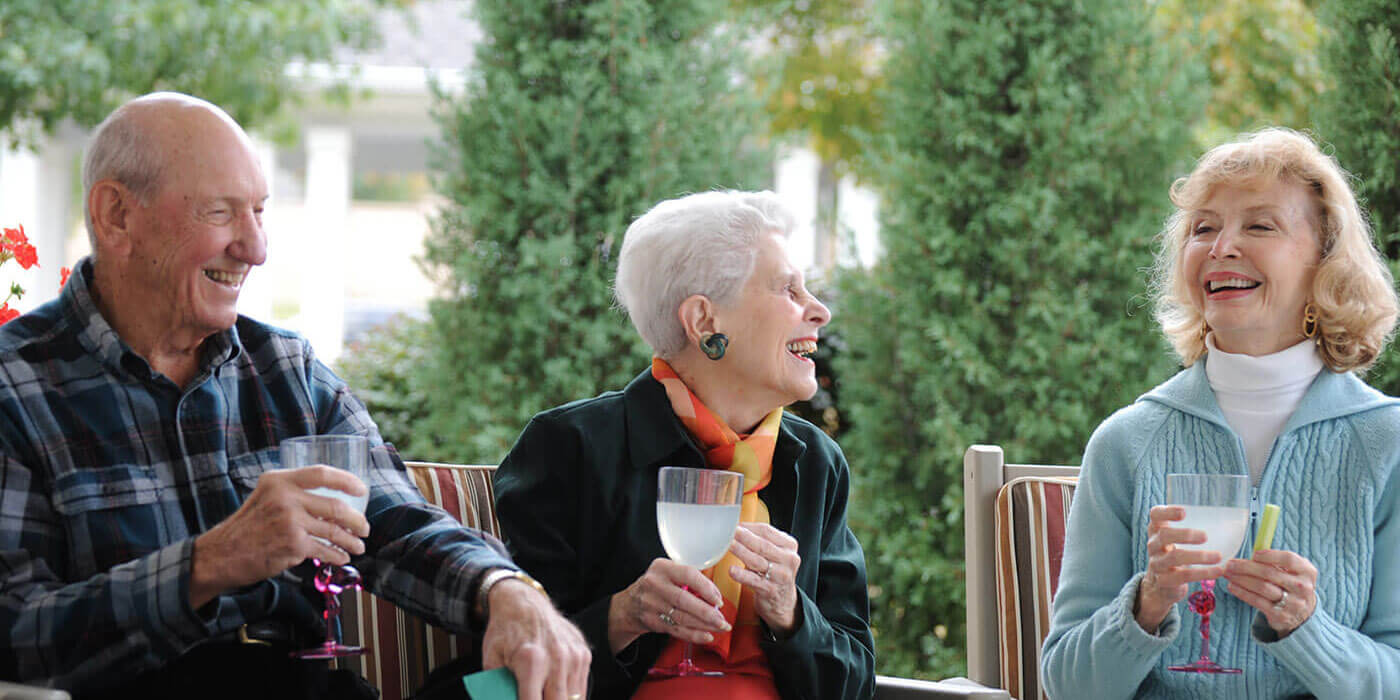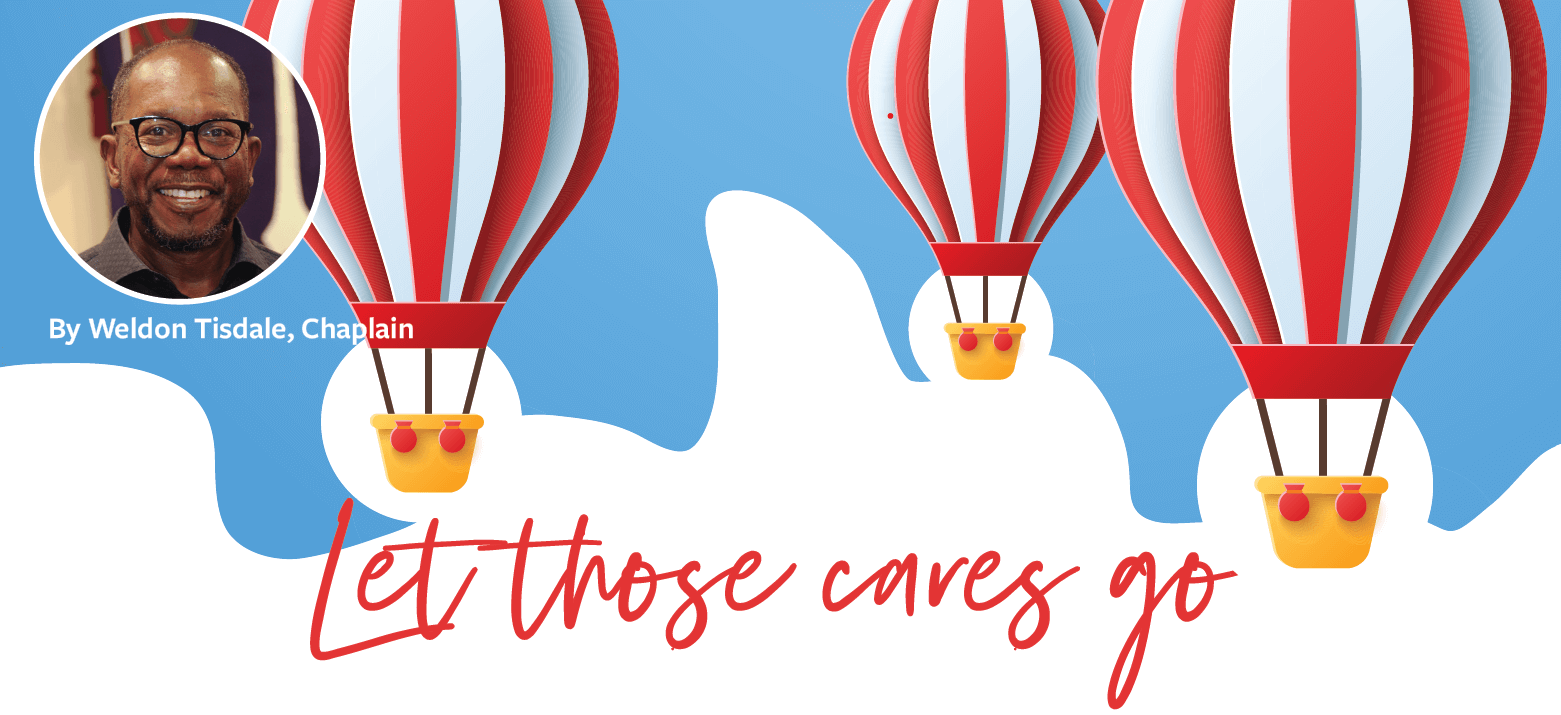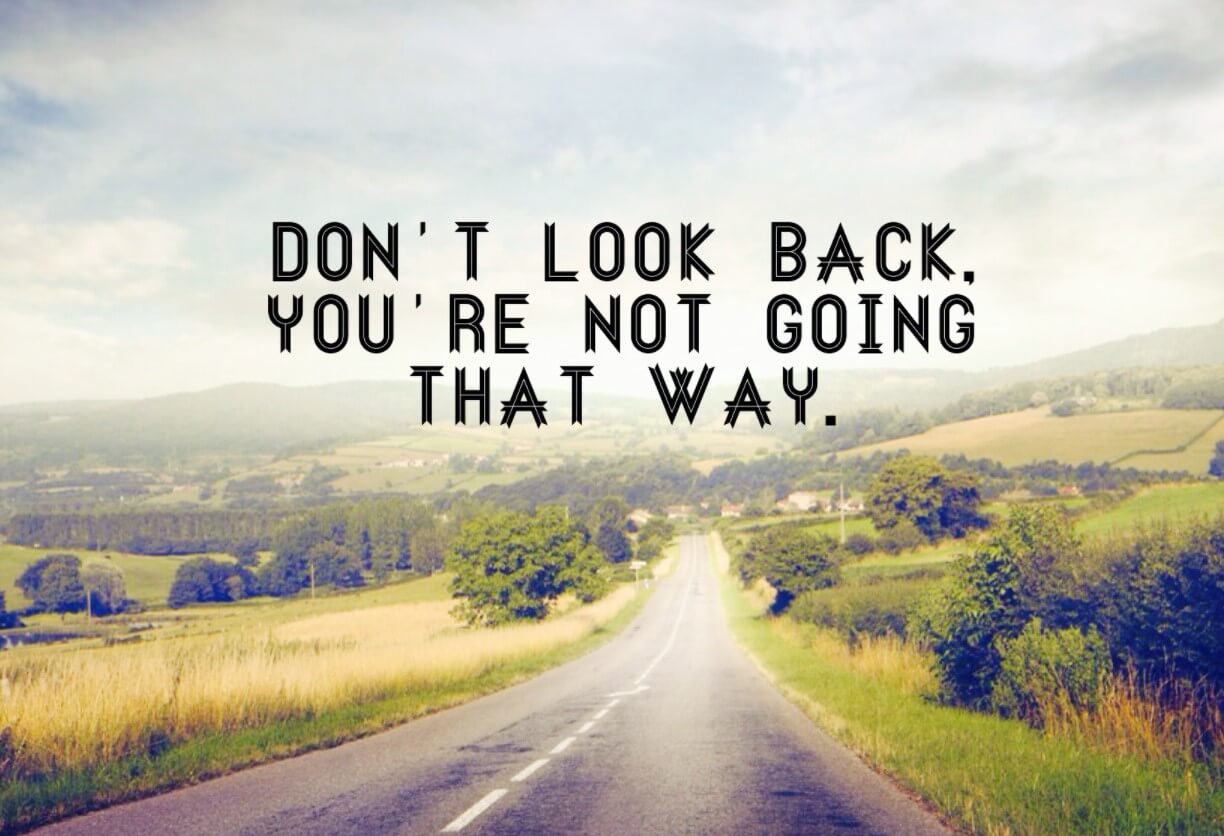By Alison McMillan, Wellness Manager
Scientists have been hard at work researching exercise, knowing that brain health is a top concern among older adults. We’ve seen studies that show that exercise reduces the risk of developing
Alzheimer’s. Imaging studies have shown that the hippocampus (the area of the brain that stores long term memories) is greater in volume in adults aged 59 to 81 who are more aerobically active than those who are not. Those same adults also showed better performance in memory tasks. Lastly, studies have shown exercise can lead to improved learning, attention, and memory for patients with early-stage Alzheimer’s, Schizophrenia, or brain injuries. Overall, studies indicate that exercise is beneficial for
brain health.
But how?
Researchers are studying hormonal and chemical changes in exercising mice, and have seen an increase in a chemical called Irisin, which is produced by muscles during exercise. This chemical was
found to boost protein levels in the hippocampus that promotes neuron growth and health in the brain. Irisin also was found to decrease the inflammation in the brain that causes Alzheimer’s and Parkinson’s. Knowing this, scientists are confident that the effect is similar in humans because the Irisin composition is identical in mice and humans. Studies already show that post exercise, there is a boost of Irisin levels in humans. In examinations of Alzheimer’s patients, Irisin’s precursor protein was 70% less than in patients without Alzheimer’s. This leads scientists to believe that Irisin is linked as protective to the neurons.
So, to summarize, exercise is great for brain health by helping new neurons and connections grow and be healthy and helps reduce risk for Alzheimer’s. All the more reason to go outside, or head to the gym for an exercise class or to use the machines every day!
Source: National Geographic “New clues are revealing why exercise can keep the brain healthy” June 2022
Category: Senior Living
Just Another Reason Exercise is Great for You!
Navigating and Finding Joy in the Journey of Aging
By Steve Dickie, CEO
In the age of the smartphone, we have instant access to driving directions that are delivered with GPS precision. But where do we go for a “roadmap” to guide us through the aging process? How do we fi nd help navigating the confusing mix of complex issues when our care needs begin
to change?
On Thursday, June 15th Trinity Woods is extending an open invitation to all who are navigating the journey aging. This is the great session for parents, their adult children and anyone walking through making decisions for seniors.
This 90-minute event will open with a summary of the book, “They’re Your Parents Too!” which is subtitled “How Siblings Can Survive Their Parents’ Aging Without Driving Each Other Crazy.” Then we will off er a candid discussion about some of the most important questions
our family will face in the future:
When you get to the point where your care needs change, how will the roles and relationships among your adult children adapt?
Is there a way for you to help your adult children take on supporting roles?
What happens when old sibling rivalries emerge?
What family legacy do you want to pass on? What stories are important to remember?
How can decisions be made in a way that helps everyone make peace with change and loss?
“Your Parents” is like a “fi eld manual.” It off ers help for navigating through one of the most
challenging seasons in life. We hope this event will help initiate conversations. It can give you
directions to help navigate complex relationships and diffi cult exchanges. It can bring joy,
reconciliation, and peace to the journey of aging.
Filled with expert guidance from gerontologists, family therapists, elder-care attorneys,
financial planners, and health workers; resonant real-life stories; and helpful family negotiation
techniques, this is an indispensable book for anyone whose parents are aging. We hope you will
mark your calendar for Thursday, June 15 at 6:30 p.m. on the campus of Trinity Woods to be part
of this book discussion.
To learn more about this event and the book, see page 7 of the June Trail Mix Newsletter. You may also visit our website at TrinityWoodsTulsa.com or call 918.346.6671. This event is free and open to the public.
Let Those Cares Go
By Weldon Tisdale, Chaplain
Though I closed my eyes and tried to rest, my mind refused to turn off. I couldn’t stop wondering if I should have said or done something different.
Finally, I got up and went over to my computer, hoping to find some nugget of truth to ease my mind. Tears came to my eyes as I caught sight of a scripture someone had posted: “Cast thy burden upon the LORD, and he shall sustain thee: he shall never suffer the righteous to be moved” Psalm 55:22.
All week long, the Lord had been speaking to me about casting my burdens or cares upon Him–now here was that theme again! Suddenly, I knew I needed to hand over to Him all my worry about the situation and what would happen. If I’d messed up, He was big enough to handle it! I didn’t need to carry the burden.
Cares come in all sorts of different sizes and shapes. We can be careful about all the things we do, careful about what we’ve said or done, careful about other people, careful about our health — we seem to attract cares like a magnet! At the time, the cares on our shoulder seem heavier than anything else in the entire world could possibly be.
But whatever our care might be, we weren’t meant to carry it! We were meant to cast it. It’s actually prideful of us to insist on worrying and carrying our cares when God tells us to cast them. God cares perfectly for each one of us. He is our infallible heavenly Shepherd. He urges us to humble ourselves–admit our inability–and cast every worry, burden, and care upon Him.
“Humble yourselves therefore under the mighty hand of God, that he may exalt you in due time: Casting all your care upon him; for he careth for you.” 1 Peter 5:6-7
reprinted from christianperspective.net
Volunteer for your Health
April is National Volunteering Month. Did you know that volunteering is a reciprocal act? The benefits of volunteering can be improving mental health, making new friends, gaining a sense of purpose and connectedness, as well as boosting your overall happiness! Volunteering also enhances the programs and offerings at Trinity Woods. We would not have the robust programming if it were not for the volunteers. Community participation is what makes Trinity Woods the premier place to be. Let me say “thank you for all your efforts and dedication!”
Even during the trying times of 2020 members found ways to volunteer on campus. Some of our long-standing opportunities were put on hold, some were able to be adapted throughout the year, and new opportunities were created. As we celebrate National Volunteer Month, we want to celebrate the 140 on campus volunteers from 2020.
Here are just some of the ways people volunteered: Bargain Basement, Caring Mat-ters, Fifth Thursday, Food Committee, Health Center Volunteer, Holliman Center Volunteer, Event Help, Libraries, Manor Bears, Manor Mirror, Marketing Ambassadors, Member Council, Movie Nights, Needlecraft, Program Presenters/Organizers, Screenwatchers Guild, Worship and Spiritual Life, Pianists, Walk and Rollers, WAC, Thanksgiving, CLC Planning, Development, Spann Set-Up, Welcome Wednesday, and the Safety Committee.
If you are interested in volunteering, please contact Irene Brown at 918-346-6614 or ibrown@trinitywoodstulsa.com.
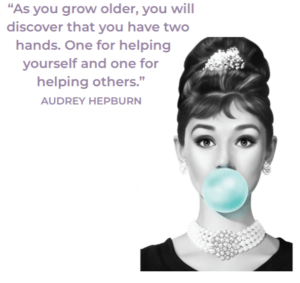
12 Commandments for Seniors
Submitted by resident Bill Moorer (original author unknown)
- Talk to yourself. There are times you need expert advice.
- “In Style” are the clothes that still fit.
- You don’t need anger management. You need people to stop making you mad.
- Your people skills are just fine. It’s your tolerance for idiots that needs work.
- The biggest lie you tell yourself is, “I don’t need to write that down. I’ll remember it.”
- “On time” is when you get there.
- Even duct tape can’t fix stupid – but it sure does muffle the sound.
- “One for the road” means going to the bathroom before you leave the house.
- Lately, you’ve noticed people your age are so much older than you.
- Growing old should have taken longer.
- Aging has slowed you down, but it hasn’t shut you up.
- You still haven’t learned to act your age and hope you never will.
Leave it Behind and Move Forward
by Weldon Tisdale, Trinity Woods Chaplain
The beginning of a new year is an opportune time to start afresh. Don’t let 2022 just be another year
of moving forward – make it a year of leaving some things behind. Past hurts, failures, pains, decisions…
are often weights that hinder our ability to move forward. Even good things that are energy drainers could potentially need to be left behind. If you have done something you thought was meaningful without getting meaningful results, maybe, it’s time to leave it (or them) behind as well.
Actually, any unnecessary weights or baggage should be left behind. Sometimes that includes individuals who have become baggage by occupying too much of your time, space, and energy, unnecessarily. Leave them behind and
love them from a distance.
Ultimately, the most difficult thing to do is move forward when you are totally focused on the past.
As one who was intimately aware of hurts, pains, beatings, and shipwrecks in life, the Apostle Paul teaches us the importance of forgetting past things and moving forward. He encourages us to press on towards a greater prize.
Just a reminder: faith is the key element for moving forward. Your heavenly Father did not create you to live a life of mediocrity – you were created to live life in the faith lane. The faith lane is not to be mistaken for the ‘fast lane’ because often it is just the opposite. Patience will be required as you embark on the new.
There is so much more ahead of you than behind you. Like Paul, let it go, leave it behind and move forward.
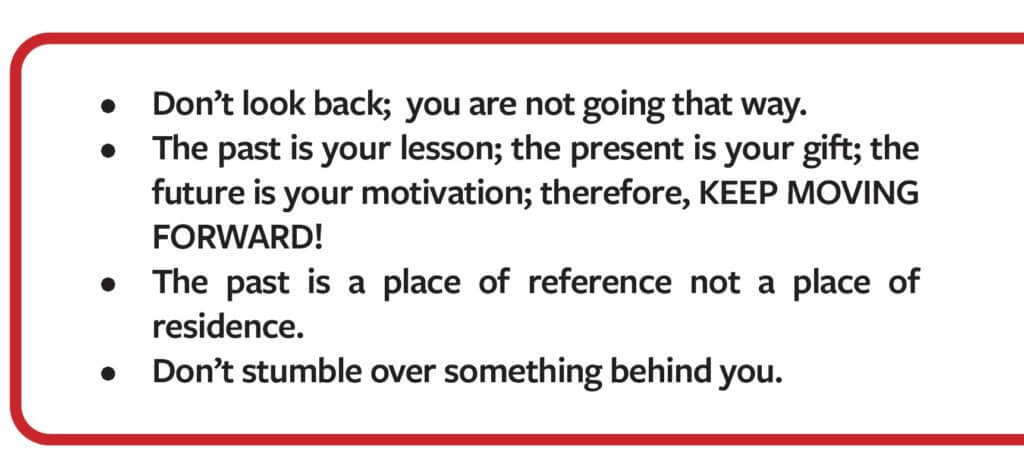
Tulsa Youth Opera Performs at Trinity Woods
Tulsa Youth Opera at Trinity Woods: Amahl & the Night Visitors by Gian Carlo Menotti
Friday, January 7 at 7:30 p.m. and Saturday, January 8 at 2:30 & 7:30 p.m.
Community Life Center, Westervelt Hall
This one-act, fully staged opera in English tells the story of Amahl and his mother as they encounter the three kings who are journeying to bring gifts to the baby Jesus. It is an inspirational story of faith, told from the perspective of a child. Admission is free but tickets are required.
Tips To Make Gardening Easy For Seniors
Article by: Amelia Hoffbauer

Gardening is a great way to stay fit and active in your golden years, and the best part? Reaping the tasty benefits of what you sow. And with a few adjustments and modifications, gardening can be an easy and enjoyable task for seniors.
Enjoying the environment is one perk of digging in the dirt. Studies on home and community gardening point to even more positives, including a reduced risk of dementia, and a happier life. Gardening raises serotonin, a chemical in the brain that puts people in a good mood. It also lowers stress-producing cortisol levels.
Tips on Easy Gardening
As we get older, not everyone is cut out for heavy digging, pulling weeds, and lugging around hoses or large watering cans. A low-maintenance garden reduces the amount of work and makes the garden more “senior-friendly.”
1. Mulched beds, paved pathways, lush groundcovers, and hardy shrubbery add elegance to the yard, and don’t require a lot of upkeep.
2. Set out chairs or benches under shady trees or on nearby patios to take a rest.
3. Bright colors are always easy to spot. Paint gardening tool handles or wrap them in colored tape to make them easy to find when dropped.
4. Raised garden beds are easier to weed and harvest. Stack landscaping timber edging to reduce straining and bending — this is especially helpful if you have back or joint pain.
5. Design vertical gardens with trellises, bamboo stakes, arbors, and tomato cages that encourage vines and other plants to grow upward. Growing upward instead of to the side makes plants much easier to prune and harvest.
6. Avoid hanging baskets. Sure, they’re pretty, but they need constant watering and fertilizing. These containers can be hard to reach … except, of course, when you bump into them.
7. Plant flowers and vegetables in foamy containers that use lightweight soil mediums. This reduces the weight of each container. Place the single pots on casters, so you can move them around easily.
8. Choose native flowers and shrubs that grow naturally in Oklahoma. Coreopsis, salvia, and phlox are only a few brightly-colored blooms that attract birds and butterflies. Oklahoma’s hot climate helps grasses thrive — little bluestem and prairie dropseed do very well. Sumac is a hardy shrub that sprouts colorful red flowers.
Indoor Gardens

When it comes to indoor greenery, the more the better, especially for those who cannot get outside much.
Mini gardens in pots on a windowsill are enjoyable, too. Indoor hydroponic gardens use water and liquid fertilizer to grow herbs, flowers, fruits, and vegetables.
Hydroponic systems come in various sizes, small enough for tabletops and large enough for the corner of any size room. All you have to do is a little pinching and pruning to keep these plants growing nicely until their stages are complete.
Get to Gardening!
You will definitely stay active with all the bending, squatting, stretching, and weed pulling it takes to maintain a flower or veggie patch. But the best tip to make it easy? Choose the plants that make you happy.
Amelia Hoffbauer has been growing her own fruits and vegetables for more than 60 years, and at 84, she shows no signs of slowing down. Her real passion is for her prize rose bushes which have won her six blue ribbons at her county fair.
Tulsa World Best In The World
Paying attention to your environment
BY KYLE BAKER, OMM WELLNESS COORDINATOR
What comes to mind when you think of August? Maybe sitting at the lake, drinking lemonade, enjoying the sunshine, being with family, or juicy red slices of watermelon? You may only think, “Wow, is it hot,” and you’d be correct! From July even into September, Oklahoma can bring the heat. While increased hours of sunshine entice most of us outside, we need to be careful of that enticing environment. With a few wise choices we can enjoy the outdoors and all that it off ers during the summertime.
Getting out in the sunshine is good for one’s health, providing much needed Vitamin D, helping circadian rhythms and sleep patterns, and even fi ghting depression. Walking outside just feels good, especially when it’s warmer. Early mornings and late evenings are the best times to get sunshine and exercise in one swoop. We all need to exercise 2-3 times a week for at least 30 minutes each day to maintain our lifestyles. (If you want to improve your current activity level or lifestyle then you’ll need to do a little more, but that’s another topic!) If you’re out in the heat of the day, wear a hat and lightcolored clothing to repel the light and heat, as dark colors absorb heat. It’s also imperative to be well hydrated before starting and taking a water bottle to go. Once you begin to feel thirsty, you’re already dehydrated and therefore could be at risk!
“How much water do I need to be hydrated?” you might ask. Surprisingly, here is no scientifi c data to indicate how much a person really should be drinking. Th e old “eight 8-ounce glasses of water” rule doesn’t take into consideration the food we eat. If you’re enjoying a nice slice of watermelon with a glass of lemonade, you’re getting a lot of water. Pay attention to your body; if you feel hungry sometimes it’s thirst. Drink water fi rst and see how you feel, then eat only if you still feel hungry. If you feel thirsty, you are thirsty—DRINK! Listen to your body-your internal environment- it can let you know what it needs. Lastly, I want to remind you: Exercise is fun! If you want to be happier, live longer and have a healthy lifestyle, then exercise! And stay safe in the Oklahoma heat!
